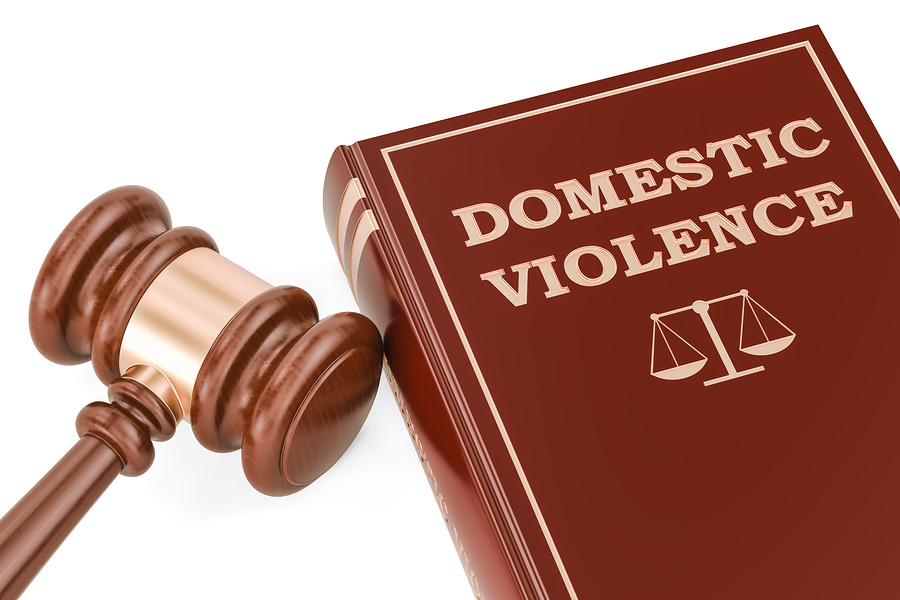
Today, 28 July 2023, the Caribbean Court of Justice (CCJ) issued its reasons for allowing the Barbadian appeal in OO v BK [2023] CCJ 10 (AJ) BB which it heard on 28 March 2023.
The Court had on 28 March 2023 reversed the decision of the Court of Appeal which had upheld a Magistrate’s dismissal of the appellant’s application for a domestic violence protection order after hearing submissions from the appellant’s attorney and the Office of the Attorney General of Barbados.
Operation Safe Space Movement for Change Inc in association with International Center for Advocates Against Discrimination Inc (ICAAD) and UN Women Multi-Country Office – Caribbean were also invited by the Court to assist as amici curiae, or ‘friends of the court’.
In this matter, the appellant and the first respondent, her former partner, lived together in a relationship for approximately 21 months, during which time, their son was born.
Their relationship ended in November 2019. In February 2020, their relationship resumed in the form of an on and off relationship, which continued until May 2020.
After an incident involving the first respondent at the business place of the appellant’s mother, the appellant applied for a protection order for her and her son at the Magistrates Court.
The Magistrate granted a protection order in favour of the child but, after questioning the appellant, declined to grant one in favour of the appellant as the relevant legislation did not apply to her.
The appellant appealed to the Court of Appeal. The majority of the Court agreed with the Magistrate that, based on the facts and on the appellant’s responses to the Magistrate, the appellant did not fall under any of the classes of persons entitled to a protection order under the relevant legislation.
The majority held that the appellant was not at the time of the making of the application, in any form of relationship with the first respondent nor was she a ‘former spouse.’
The appellant appealed to the CCJ, challenging the majority decision of the Court of Appeal and seeking clarification as to the meaning of ‘former spouse’ as used in the relevant legislation.
The CCJ was unanimously of the view that the Magistrate did have jurisdiction to hear the appellant’s application.
Furthermore, agreeing with the minority decision of the Court of Appeal, the CCJ found that the appellant fell within the range of persons who were entitled to apply for the protection order.
In the lead opinion of the Court, Mme Justice Rajnauth-Lee noted that the Domestic Violence (Protection Orders) Act, Cap 130A, as amended, was amended in 2016 to make greater provision for the safety of domestic violence victims.
Mme Justice Rajnauth-Lee was of the view that the appellant fell within the term ‘former spouse’ in the legislation and was, therefore, entitled to seek a protection order.
According to Mme Justice Rajnauth-Lee, imposing a time limit on an applicant’s capacity or status to make an application for a protection order after the breakdown of a cohabitational relationship, would run counter to the clear purpose and policy objectives of the legislation and would lead to an absurdity.
Further, she found that the legislation should be interpreted in light of Barbados’ fundamental human rights and constitutional values contained in its Constitution, as well as Barbados’ international treaty obligations. Mme Justice Rajnauth-Lee held that the issue before the Magistrate was a matter of statutory interpretation which could not be determined by the appellant’s responses to the Magistrate.
In his concurring opinion, Mr Justice Saunders addressed the eligibility of current and former intimate partners to seek protection under the legislation; the general approach that should be taken to the interpretation of the domestic violence legislation and the treatment and hearing of applications for protection orders.
Mr Justice Saunders concluded that the appellant was eligible for a protection order because she was deemed to be a ‘former spouse,’ being a former cohabitant, and she was also a former partner in a visiting relationship.
Further, Mr Justice Saunders noted that the appellant was a mother bringing proceedings against her child’s father.
Without more, she was thereby automatically presumed to fall into one of the categories of persons eligible to seek a protection order.
In a separate opinion, Mr Justice Anderson agreed that it was virtually impossible to comprehend how it could be held that the appellant was not a former spouse and thereby fully entitled to make the application for the protection order.
He also emphasised the strong and clear relationship between the Constitution and the interpretation of statutes.
He noted, however, that when performing the distinct and separate task of interpreting statute, albeit through the lens of the Constitution, courts must be careful not to re-write or re-draft what Parliament intended.
They should also not usurp the functions of Parliament by interpreting legislation to say something that Parliament did not intend, simply because of constitutional preferences.
As to the question of whether international treaties and conventions may influence Barbadian statutes on domestic violence, Mr Justice Anderson noted that international law must be incorporated into national legislation to create rights and obligations for citizens.
Further, Parliament was presumed to create law in conformity with the State’s treaty obligations, so that ambiguous legislation may be interpreted as being consistent with these treaties.
Ultimately, the court’s constitutional mandate is to interpret the law created by the Legislature and not make it secondary to international agreements made by the Executive.
In his concurring opinion and in specific agreement with Mme Justice Rajnauth-Lee and Mr Justice Saunders, Mr Justice Jamadar addressed the intersection of three voices in the process of law-making and legal interpretation, to demonstrate both their abiding salience and practical usefulness in the task of statutory interpretation.
The first voice reflected the voices of society, voices of trauma, fear, and suffering – social context perspectives; the second voice reflected the voices of the law – philosophical/policy and jurisprudential perspectives and the third voice reflected the voices of peace, healing, and reconciliation – therapeutic and restorative perspectives.
Mr Justice Jamadar considered that these three voices were highlighted in this case and revealed the statutory intentionality and meaning of the Act.
The matter was heard by the Honourable Mr Justice Adrian Saunders, President and the Honourable Justices Winston Anderson, Maureen Rajnauth-Lee, Denys Barrow and Peter Jamadar.
Mr Lalu Hanuman appeared for the appellant. Ms Anika N Jackson, Solicitor General (Ag), Mr Jared Richards and Fianne Best appeared for the second respondent, the Attorney General. Ms Anya Lorde appeared for OSS & ICAAD and Ms Leah Thompson appeared for UN Women Multi Country Office – Caribbean. The nominal first respondent took no part at any point in the appeal.
The full judgment of the Court and judgment summary are available on the CCJ’s website at ccj.org.
CLICK HERE TO JOIN OUR WHATSAPP GROUP
CLICK HERE TO JOIN OUR WHATSAPP GROUP
CLICK HERE TO JOIN OUR WHATSAPP GROUP
CLICK HERE TO JOIN OUR WHATSAPP GROUP
CLICK HERE TO JOIN OUR WHATSAPP GROUP
CLICK HERE TO JOIN OUR WHATSAPP GROUP
Advertise with the mоѕt vіѕіtеd nеwѕ ѕіtе іn Antigua!
We offer fully customizable and flexible digital marketing packages.
Contact us at [email protected]
















